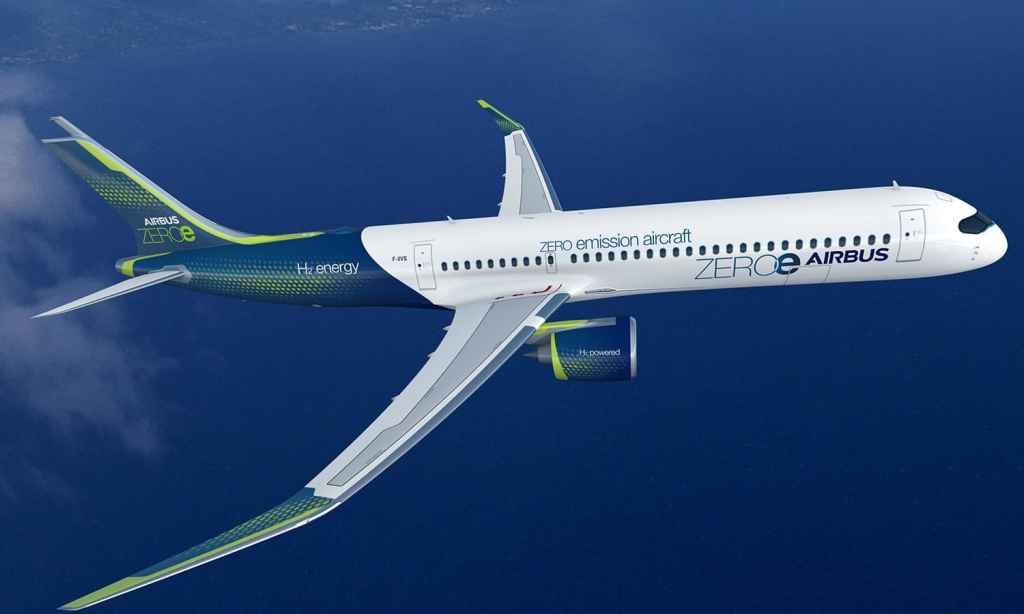Post-pandemic, the world needs regenerative travel. No longer will sustainable travel — which aims to minimise or counterbalance the negative impacts of tourism on the environment and local communities — suffice, if we are to reach our climate goals fast.
No, the future of travel must leave our environment in a better state than we find it, by fostering greener, smarter, and less-crowded travel experiences.
Currently, one such way to counteract the carbon emissions produced from air travel is to offset your emissions. It’s an effective way to sustainably combat the environmental impact of flying, however, with only 1% of travellers currently opting for offset schemes, more work needs to be done here before we see real change.
But what if we could do even better? Well, airliner manufacturer Airbus has big plans to shake up the way we explore the world, with three new concepts for zero-emission commercial aircrafts.
Named ZEROe, the proposed planes would rely on hydrogen as the main power source, rather than fuel. The designs were created to demonstrate what the future of aviation could look like.
“I strongly believe that the use of hydrogen – both in synthetic fuels and as a primary power source for commercial aircraft – has the potential to significantly reduce aviation’s climate impact,” says Airbus CEO Guillaume Faury.

“These concepts will help us explore and mature the design and layout of the world’s first climate-neutral, zero-emission commercial aircraft, which we aim to put into service by 2035,” Faury continues.
“The transition to hydrogen, as the primary power source for these concept planes, will require decisive action from the entire aviation ecosystem. Together with the support from government and industrial partners we can rise up to this challenge to scale-up renewable energy and hydrogen for the sustainable future of the aviation industry.”
Airbus is now aiming to develop the aircraft, each of which can carry varying passenger loads, and has aim to begin production for operation by 2035.
For now, the most environmentally friendly way to travel by air is to offset your emissions by checking the box at the checkout when buying a plane ticket. Even better, you can make donations at any time to offset your personal carbon emissions, made via car travel and the like, through companies like Greenfleet and Atmosfair.
Offsetting groups like these invest your money in offset programs, which may involve the planting new trees, forest conservancy, or investing in sustainable energy sources like solar and hydro energy.







